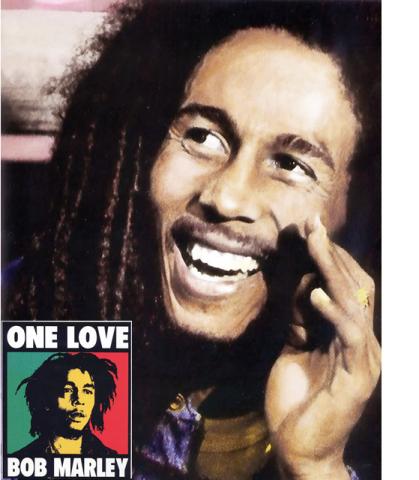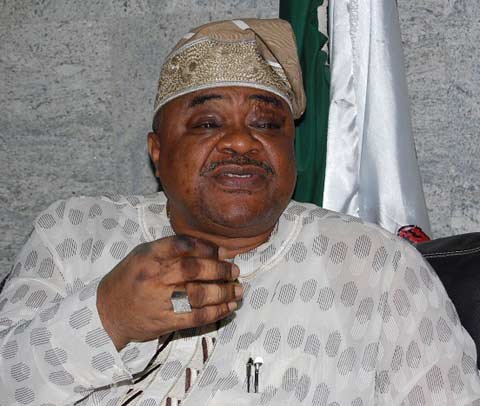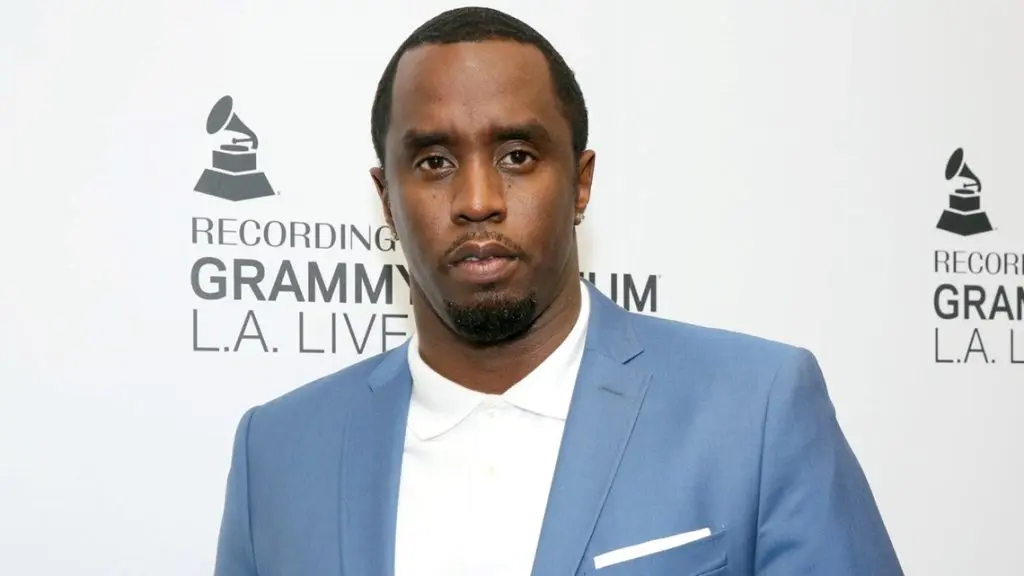
Had Bob Marley been alive now, he would be 66 years old. But he died after an earnest battle with skin cancer at the productive age of 36, leaving behind a legacy dominated by his preaching for the emancipation of the black race. With a somewhat askew beginning, this son of a white farmer (who later abandoned his family) and a Jamaican woman, fought the challenges of poverty and neglect, assisted by his talent for reggae, a genre of music which he not only shaped, but took to far-flung corners of the globe.
Thirty years after Marley’s death, his ideas have remained sacrosanct among many fans, but how well reggae has fared remains a subject of debate. Although, his brand of reggae, ostensibly called ‘roots rock reggae’ is still enjoyed around the world, fresh recordings of that stock are getting scarce in the presence of dwindling patronage and the overwhelming influence of the hip-hop culture. This trend has led to modifications, giving rise to ragga, toast and dancehall among other fusions. It has also propped up names like Yellow Man, Gregory Isaacs, Shaba Ranks, Ziggy Marley, Shaggy and Patra from Jamaica and Lucky Dube, Majek Fashek, Ras Kimono, Alpha Blondy and the Mandators from Africa.
In spite of the promises reggae music seemed to have at the onset, things took a dramatic turn for that genre of music in Nigeria in the early 90s, when a great number of promising acts in the country relocated to the western world in search of greener pastures in contrast to what Bob Marley, their idol represented. Even as a successful reggae superstar, it is on record that Bob was more disposed to doing his craft from his native Jamaica and only lived in England shortly at the prompting of his record label. Of course, the hallmark of Marley’s career remains his philosophical lyrics.
With minimum formal education, Marley and his band mates were able to craft words of reasoning that have stood the test of time, earning him immense adulation among many creative minds. Though it has been 30 years since he died, several aspects of his short span on the stage of world music smack of great success. Unarguably, Bob Marley was the Third World’s first music superstar. He was the man who introduced the world to the mystic power of reggae. He was a true rocker at heart and as a songwriter, he brought the lyrical force of Bob Dylan, the personal charisma of John Lennon and the essential vocal ability of Smokey Robinson into one package. He has continued to be so honoured. British Broadcasting Corporation, BBC, chose his song ‘One Love’ as the Anthem of the Millennium. In 1999, Time Magazine chose Bob Marley & the Wailers’ Exodus as the Greatest Album of the 20th Century. In 2001, he was posthumously awarded the Grammy Lifetime Achievement Award and a feature-length documentary about his life, Rebel Music, won various awards at the Grammys. With contributions from Rita, The Wailers, Marley’s lovers and children, it also tells much of the story in his own words. A statue was inaugurated, next to the national stadium on Arthur Wint Drive in Kingston, to commemorate him.
In 2006, the State of New York renamed a portion of Church Avenue from Remsen Avenue to East 98th Street in the East Flatbush section of Brooklyn “Bob Marley Boulevard”. In 2008, a statue of Marley was inaugurated in Banatski Sokolac, Serbia. Internationally, Marley’s message also continues to reverberate among various indigenous communities. Marley has also evolved into a global symbol, which has been endlessly merchandised through a variety of mediums. Little wonder Dave Thompson, an author in his book Reggae and Caribbean Music, decries what he perceives as the ‘commercialised pacification of Marley’s more militant edge, stating: “Bob Marley ranks among both the most popular and the most misunderstood figures in modern culture”.
The world is not silent as it clocks 30 years since he passed on. The GRAMMY Museum will debut a new exhibition: Bob Marley, Messenger. Housed on the museum’s second floor, the exhibition will focus on Bob Marley as a private, spiritual man, as a powerful performer who used his lyrics to give a voice to the disenfranchised. From May 9 to 15, musical guests on Late Night with Jimmy Fallon will all tip their (giant, dread-covering) hats to reggae legend Bob Marley in honour of the 30th anniversary of his death. But the greatest honour would be ascribed to his millions of fans worldwide who set out May 11 every year to reflect on the life and times of this music legend.



















